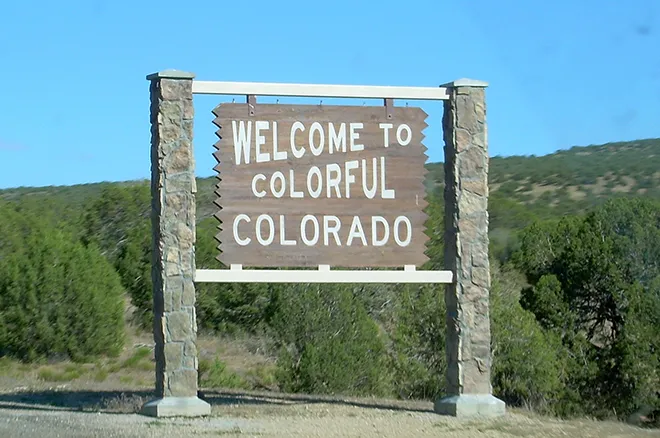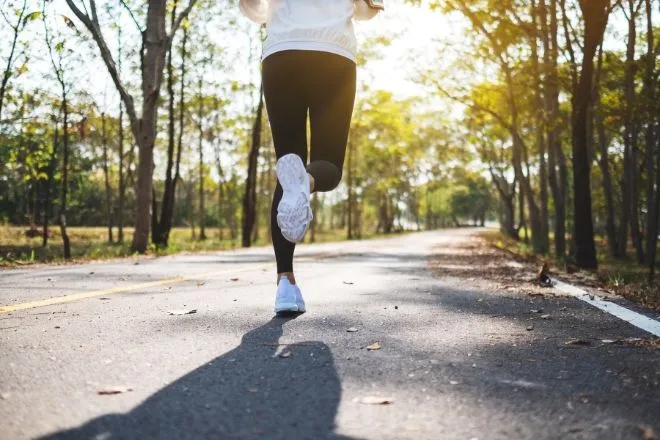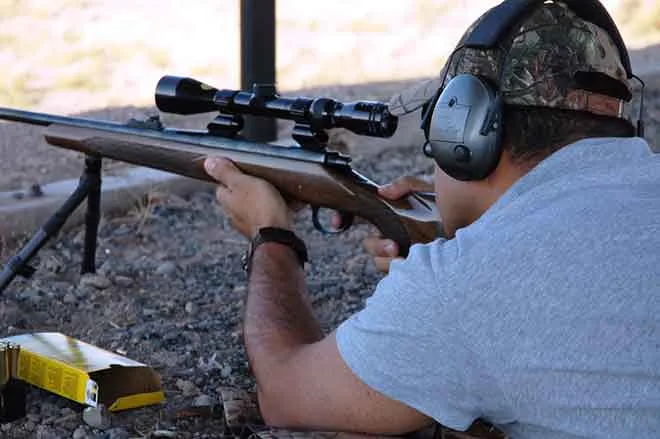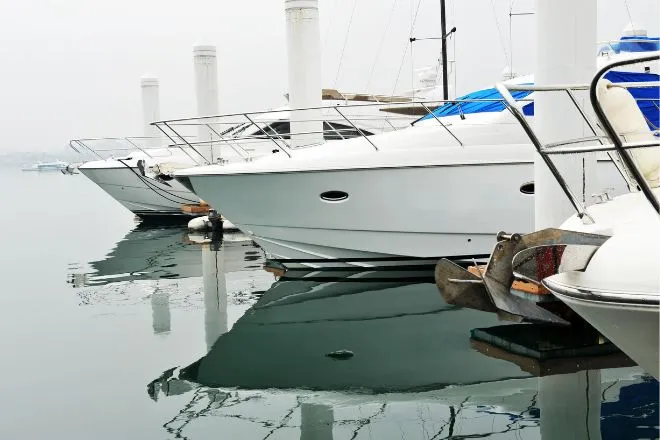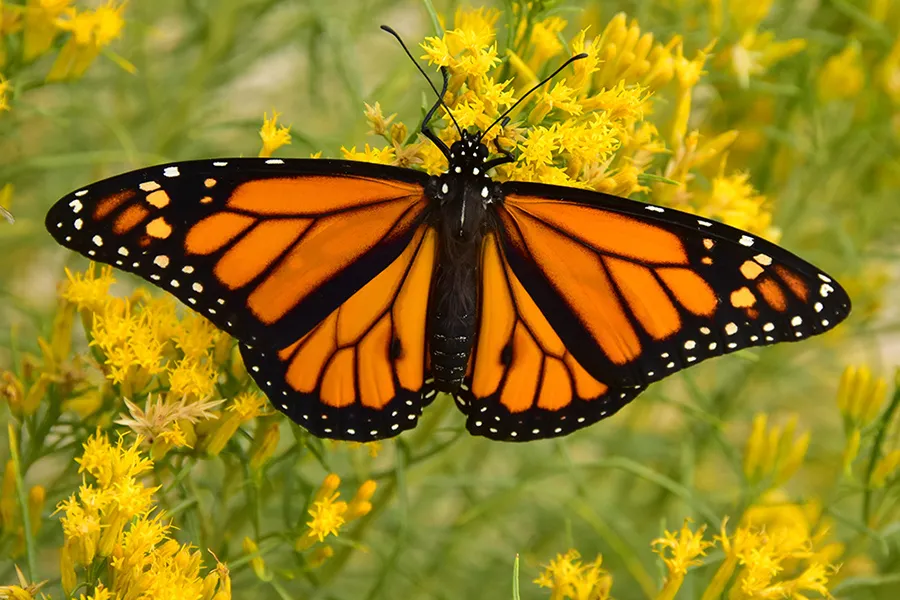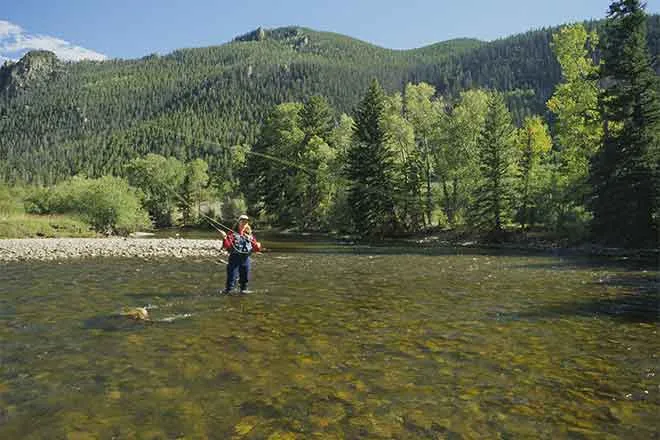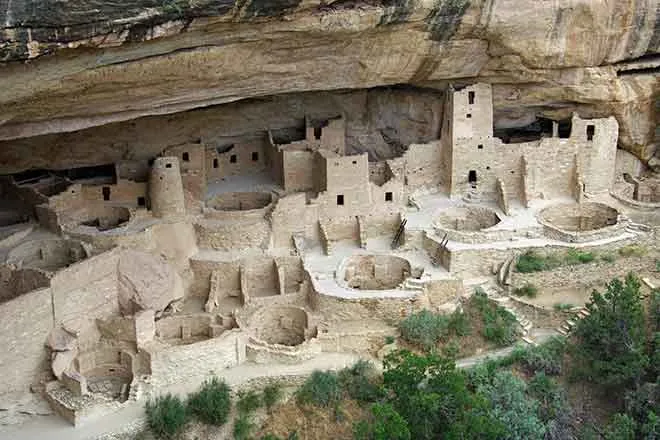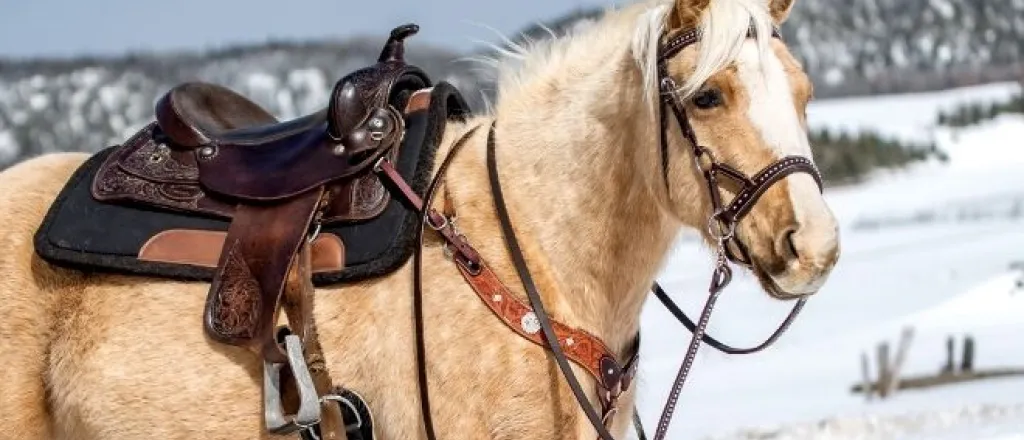
Horse-Riding Safety Tips for the Winter
Horses love staying active, even during the cold months of winter. Even when the weather outside is frightful, a good ride on a nearby trail or even around the ranch can keep your mind at ease as you spend time with your horses. Though a winter horseback ride can be both beautiful and relaxing, it can also be treacherous. Keeping the most essential horse-riding safety tips for the winter in mind while you’re out and about will protect your health and the health of your horses during a ride.
Keep Yourself Warm
The first step to preparing yourself for any outdoor activity is dressing well for the weather. Dress in layers starting with a lightweight base layer, adding your insulating middle layers, and finishing with a warm outer shell or coat. Make sure these layers are easy to remove in case you get too warm or start sweating. Sweating when outside can cause you to feel even colder, which is why it’s important that the base layer is lightweight and waterproof. Don’t forget warm riding boots with extra grip for slippery surfaces!
Keep Your Horse Warm
Your horses do an efficient job of keeping themselves warm in the cold with a thick winter coat of fur, but you may need to add an extra layer of warmth with a horse blanket. While it’s an important horse-riding safety tip for the winter to keep your horse warm, it’s also important not to keep them too warm. Just like with people, a sweating horse is more at risk of getting cold faster. While outdoors in freezing temperatures, do your best to make sure your horses stay warm and dry.
When horses walk on snow and ice, keep a lookout for snowballs that build up in their hooves and pick them out whenever possible.
Take It Slow and Steady
Just like you, the cold tightens a horse’s muscles and joints, making them more prone to injury. Warm your horse up before heading out on the ride, and do your best not to stress them out too much. It may be tempting to ride quickly to get home faster, but it’s wiser to ride carefully and watch where you direct the horse. A careful rider is less likely to get into a costly accident. Wintery environments contain many seasonal hazards, such as snow and ice that cover dangers in the terrain. Never travel onto land or trails that you aren’t sure of.
Make Sure Horses Are Eating and Drinking
A horse that isn’t well-fed in the winter is less likely to stay warm and healthy during a chilly ride. Make sure to feed your horses the proper amount of food for their weight so they can stay energized for a winter stroll. High energy horses may need extra food during the winter, so do your best to find a healthy balance between under and overfeeding. Dehydration is also common in horses during the winter, especially if they’re picky about water temperature. Keep their digestive system moving with food and water, so they don’t critically misbehave during a ride.

